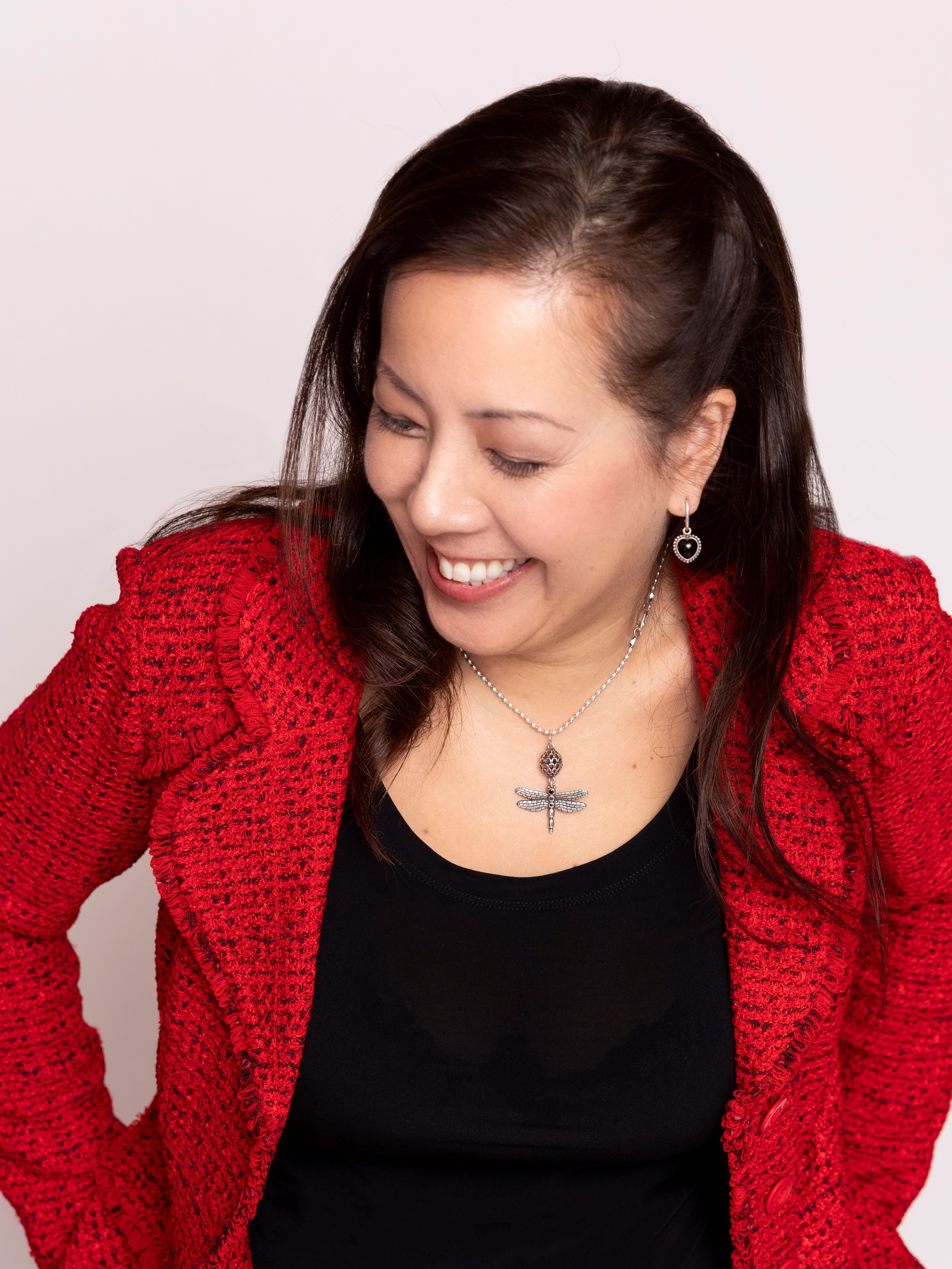Estate planning is more than a will...

What does it matter if I’m going to be dead anyway?
It’s a comment sometimes heard by Julia Chung, an advice-only financial planner at Spring Planning in Vancouver.
Her retort: “It isn’t about you. It’s about the people that you leave behind.”
Having a well-thought-out estate plan is “one of the most loving things you can do for your friends and family,” Chung says.
And it goes far beyond drawing up a will laying out who gets what when you’re six feet under.
Indeed, Chung says there’s planning that must be done for when you’re still among the living, but may have lost the ability to make your own decisions due to dementia or other conditions.
People are living longer thanks to advances in science, “but not all of us are going to live really well,” Chung says.
A power of attorney is set out in a document entirely separate from a will, and doesn’t automatically default to a spouse or adult child.
There are also financial assets that fall outside of a person’s will that need to be sorted out, like beneficiary designations for life insurance, RRSPs and TFSAs.
The last thing a bereaved loved one wants to do is go on a wild-goose chase for the information they need to tie up financial loose ends, so some of Chung’s clients have a binder put together with key information.
“What information do they need? Just having a will isn’t going to tell them where you bank or how to access your mail or who your investment adviser is,” says Chung.
“So how do we get that information to them?”
Read the rest of the article on CTV News here



Discussion